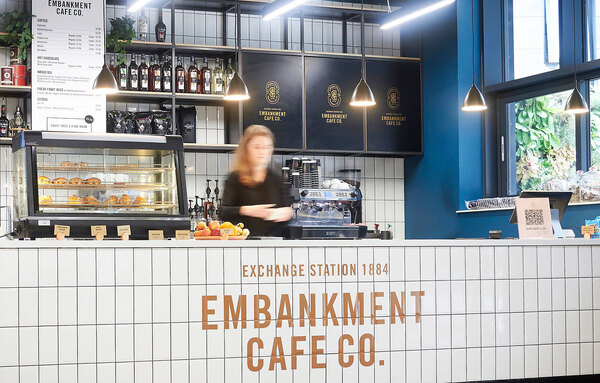Viewpoint: What’s the price of sustainability? About 30%
Consumers are happy to spend more, especially if it’s a five-star hotel with first-class environmental credentials, says Richard Stevenson
Sustainability is the word on everyone’s lips, and now is the time for hotels to lead on environmental, social and governance (ESG) to attract guests.
An investigation undertaken by market researcher BVA BDRC and analyst Pace Dimensions has found there is an opportunity for hotels with leading ESG initiatives to charge a premium. But beyond additional revenue, ESG is becoming increasingly important, because properties that don’t keep up with ESG requirements could become stranded assets and require significant investment.
Consumers think governments and big business should be acting on ESG, but at the same time, we have found that more than one in three guests will “pay more to be environmentally friendly” and will “assess the eco-credentials of accommodation”.
Our survey, which covered 10 countries, was based around a real-world online booking task, to assess how important sustainability issues are in people’s lives generally and how that translates into some of the choices they make when they book hotels.
We identified six clear segments around their affinity to different aspects of sustainability, with a group at one end of the spectrum called the ‘eco evangelists’, who really prioritise ESG, and at the other end, the ‘climate sceptics’. Almost no climate sceptics would buy a room on a criteria other than on price, whereas eco evangelists would be willing to pay a significant premium to stay in a climate-friendly hotel.
We also observed that the importance of ESG differed by the type of hotel people were looking to stay at, and that price became less important – people who were looking to book a five-star hotel were much more focused on other aspects besides price.
Using choice modelling methods, we increased the price to understand the point at which people no longer prefer to pay for ESG initiatives compared to the current offer. We learned that, for a five-star property in Europe, people were willing to pay a 30% premium for a hotel that promotes ESG, compared to a property that does not. This is a significant return on investment compared to what hotels are currently charging.
This varied down the chain scales, where, for example, ESG issues were less influential in three-star hotel booking decisions. Therefore, if you have a portfolio of properties, you would be wisest to start your ESG investment at the higher end of the market. Careful decisions need to be made when updating properties or brands.
There are tens of thousands of different options you can use to simulate different combinations. You can look at the difference between leisure bookings and business bookings, at different property tiers, as well as different segments, age cohorts and genders, so that you can understand – once you know who your target audience is – precisely how you need to adapt your offer.
This discovery has allowed people to start to understand what the return on investment could be for ESG, rather than seeing it solely as a compliance issue. We can demonstrate that there really is demand and we would expect this to increase in importance over time, particularly as the younger cohorts who are more wedded to ESG causes become more active consumers.
Currently, millennials are the most vociferous in expressing these attitudes, ahead even of Gen Z. These two age cohorts indicate how attitudes will simply shift organically in five to 10 years among the core hotel guest audience and ESG will only increase with importance over time. It’s something that has gradually crept up on us and will probably continue to do so over the next five years. But in 10 years’ time it will be embedded as a key part of a hotel’s offering.
Initially, governments were out in front of hotels in this space and any decisions around ESG were based on compliance; hotels did not have that mindset and they would do the bare minimum. But studies like this give hotels the confidence that consumers are willing to put down their money and they can see the financial opportunity as well as the greater benefit to the planet.
Richard Stevenson is a senior director at BVA BDRC

















